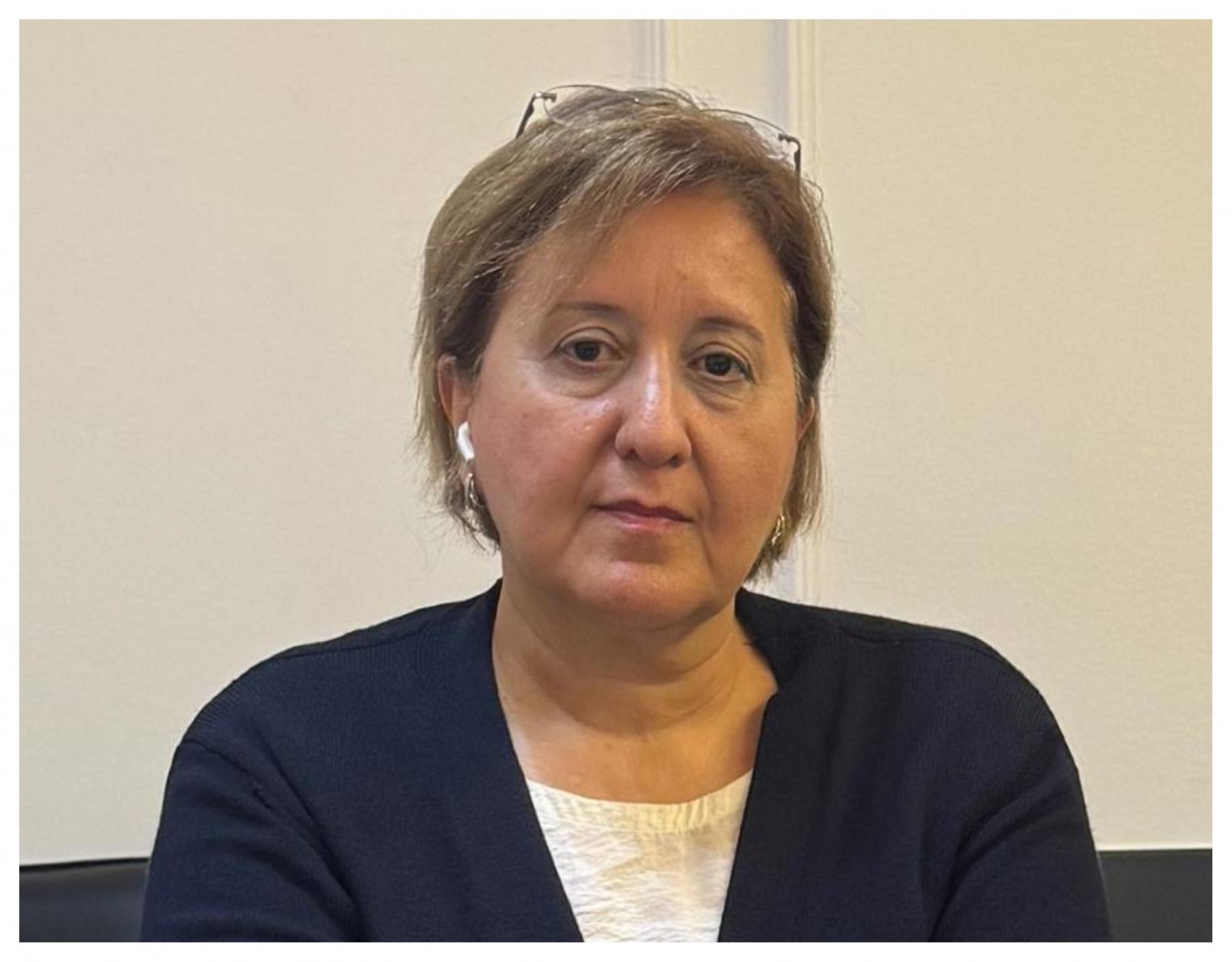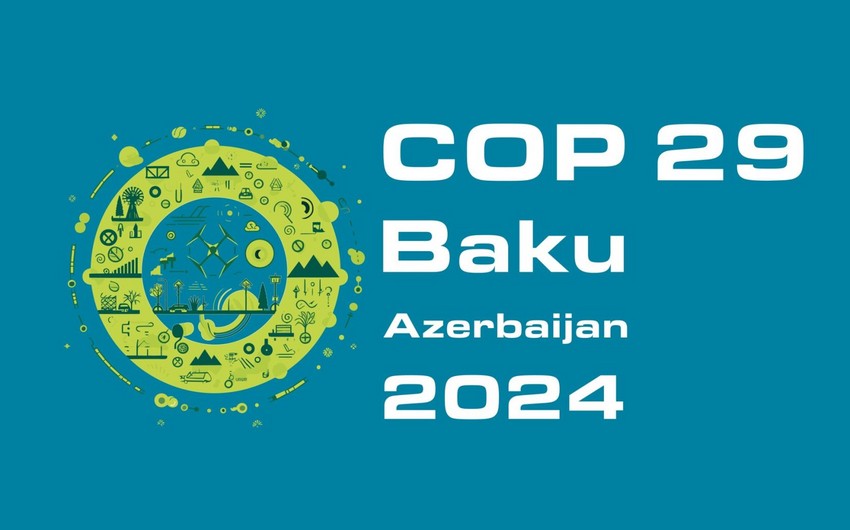Some Western powers are using climate policy as a tool in international relations, according to Gulshan Akhundova, a member of the COP29 Organizing Committee and chair of the Public Association "Woman, Development, Future."
She said these countries are conducting campaigns aimed at weakening climate measures in various countries to advance their own interests.
Akhundova emphasized that the black PR campaign launched against Azerbaijan by some Western countries could have several reasons. Firstly, Azerbaijan's strategic position, energy resources, and active role in regional politics may create situations that conflict with the interests of certain Western nations. In this sense, such campaigns could be part of a geopolitical struggle.
Additionally, some Western states are critical of Azerbaijan in the context of human rights protection and the promotion of democratic principles, which is aimed at undermining the country's image and reducing its influence on the international stage, Akhundova said.

Another reason, she said, is related to COP29 and climate change. Azerbaijan has found itself in the spotlight when it comes to its role, commitments, and environmental agenda.
"Some forces may be trying to weaken Azerbaijan's participation in these discussions by conducting black PR campaigns," the member of the COP29 Organizing Committee said.
She added that competition with other South Caucasus countries and attempts to exert political and economic pressure can also lead to such campaigns.
"These factors combined may explain why Azerbaijan is being targeted with attacks aimed at tarnishing its image," Akhundova noted.
She stressed that in such situations, it is important for Azerbaijan to develop strategic responses to protect its political and economic interests.
According to Akhundova, the $100 billion climate fund can only cover a portion of the financial needs required to mitigate the impacts of climate change, ensure sustainable development, and support the energy transition.
"Reports from international organizations and experts emphasize the need for a significant increase in this amount.
"Developed countries may be interested in providing financial support to combat climate change, as it contributes to improving their international image and helps reduce the global consequences of climate issues.
"However, each country may have its unique approaches to allocating economic resources, policies, and economic priorities," she said.
According to Akhundova, the fulfillment of Western countries' commitments to climate finance depends on political will, economic conditions, new circumstances arising in the context of combating global climate change, and pressure from local and international politicians and society.
Akhundova is convinced that the $100 billion for fighting climate change should be allocated through platforms such as the Green Climate Fund.
The effectiveness of these platforms, in her opinion, depends on how conscientiously countries fulfill their obligations.
"Even $100 billion may not be sufficient to prevent climate change, but it is a good start. The willingness of developed countries to increase this amount is crucial for ensuring climate justice and strengthening global cooperation. Future discussions and political will shall determine whether the West is ready to fulfill its commitments," she concluded.


 https://static.report.az/photo/77fdab98-3134-3df9-b252-7872a6ae4a31.jpg
https://static.report.az/photo/77fdab98-3134-3df9-b252-7872a6ae4a31.jpg

